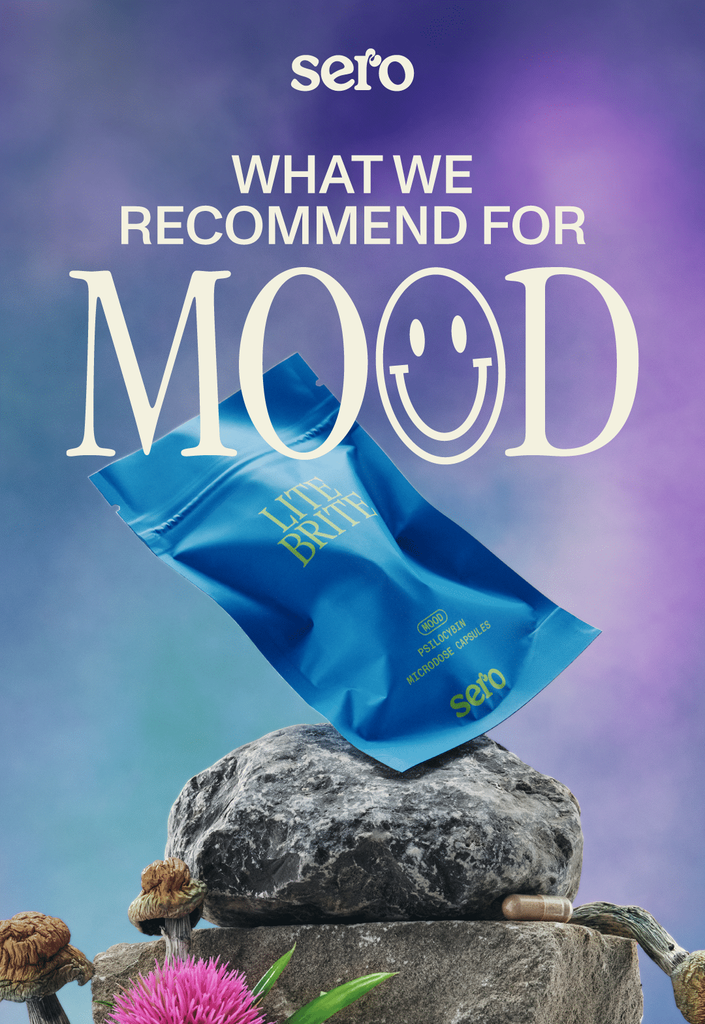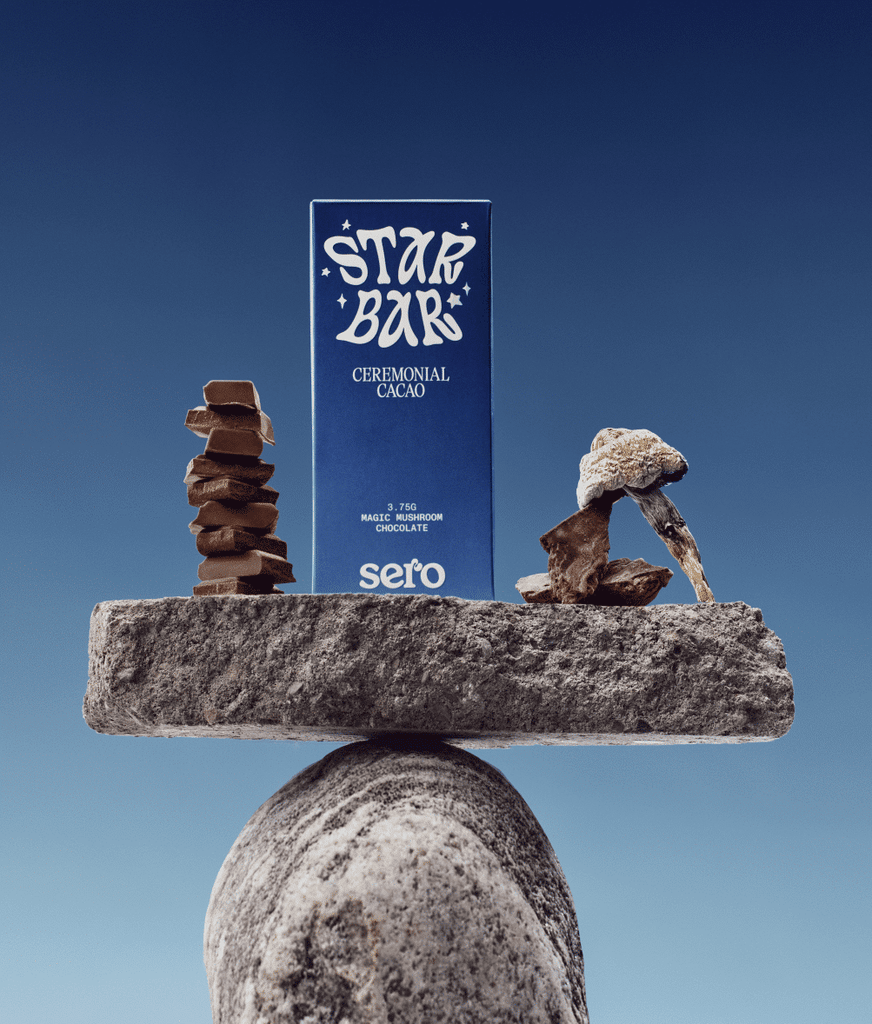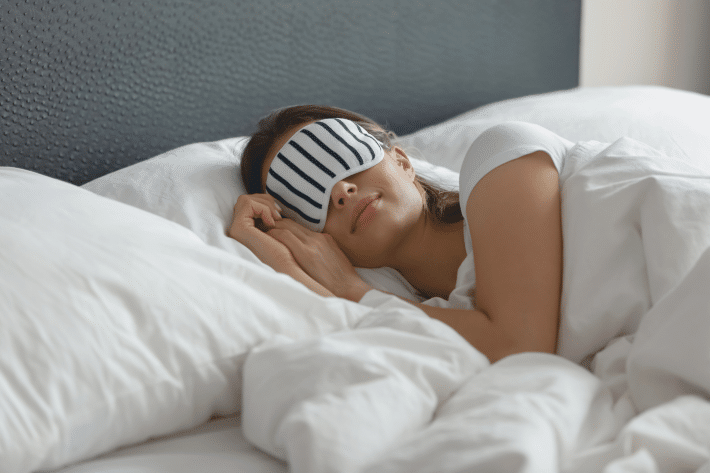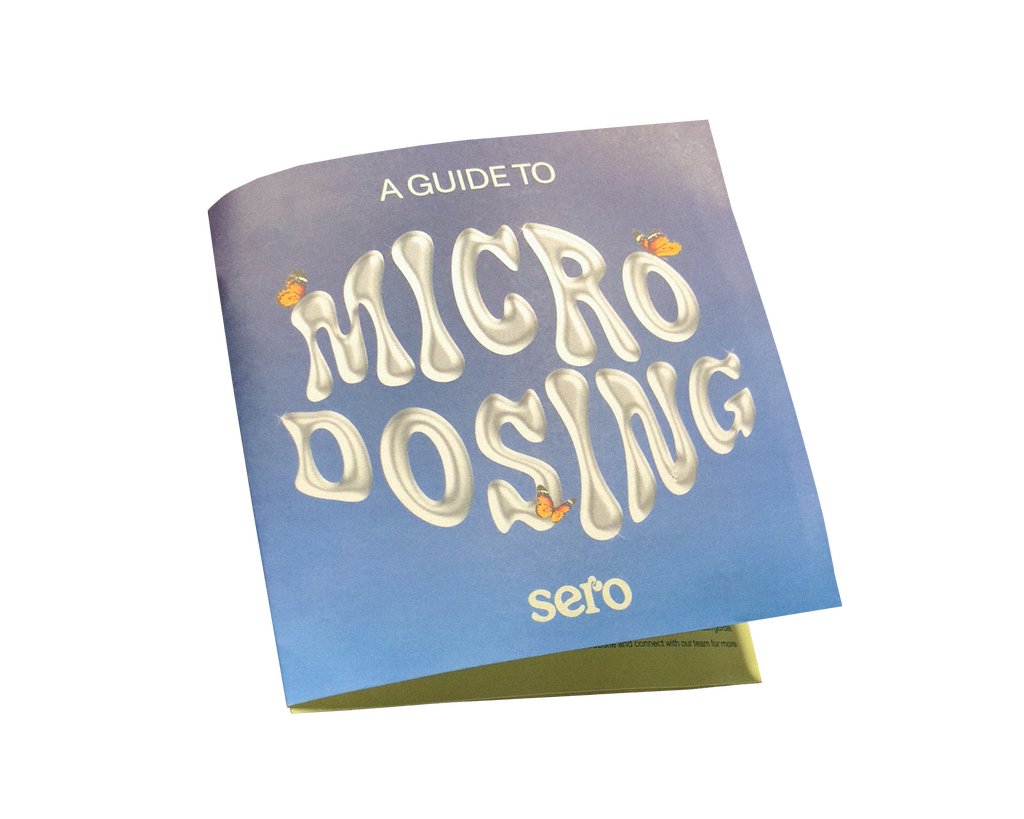Feel Lifted
Looking to microdose and macrodose to improve your mood? Get started with this bundle. .
Free shipping on orders over $200
Free shipping on orders over $200
Free shipping on orders over $200
Free shipping on orders over $200
Free shipping on orders over $200
Free shipping on orders over $200
Free shipping on orders over $200
Free shipping on orders over $200
Free shipping on orders over $200
Free shipping on orders over $200
How to Boost Serotonin Naturally: Psilocybin, Sunlight & More

Serotonin, known as the “feel-good” neurotransmitter, is much more than just a mood booster. It helps regulate sleep, digestion, wound healing, and supports your overall mental health. While medications like SSRIs (selective serotonin reuptake inhibitors) are designed to balance serotonin levels, they don’t work for everyone and can sometimes cause unwanted side effects. Luckily, there are effective, science-backed ways to naturally enhance serotonin levels, and we’re sharing them all today, including:
o Psilocybin: microdosing & macrodosing
o Exercise
Serotonin (aka 5-hydroxytryptamine or 5-HT) is a neurotransmitter and hormone that transmits signals between nerve cells in your brain and body. Approximately 90% of the body’s serotonin is produced in the gut, while the remaining 10% is made in the brain. Serotonin plays a crucial role in:
Boost Mood: Acts as your brain’s built-in happiness generator and emotion stabilizer.
Regulate Sleep: Helps produce melatonin and regulate your sleep-wake cycle.
Support Digestion: Manages appetite and promotes healthy digestion.
Strengthen Bones: Contributes to maintaining bone density.
Heal Wounds: Promotes clotting and aids in wound repair.
Low serotonin levels are connected to depression, anxiety, and other mood disorders. Too much serotonin, while rare, can result in serotonin syndrome.
Psilocybin, the active compound in magic mushrooms, has shown remarkable potential as a tool to regulate serotonin and improve mental health. When ingested, psilocybin is converted into psilocin, which activates serotonin 2A receptors (5-HT2A) in the brain. Here’s what that means for your mind and mood:
Boosted Mood: Psilocybin enhances serotonin signaling, elevating mood, improving emotional resilience and reducing negativity. A 2020 study in Nature, found that psilocybin’s mood-boosting effects can last up to a month after a single dose.
Calming the Default Mode Network (DMN): The DMN is a brain network, that when overactive, is linked to anxiety, depression, OCD, and other mental health conditions. Overactivity in the DMN can look like excessive self-criticism and constant negative thought loops. Psilocybin reduces this activity, helping to ease rumination and enable more flexible, positive thinking patterns.
Better Brain Connectivity: Psilocybin enhances communication between different brain regions, leading to better emotional regulation, improved problem-solving, and healthier decision-making.
Increased Neuroplasticity: Psilocybin stimulates neuroplasticity—the brain’s ability to adapt and form new connections. Translation: it helps you reframe and reset. During periods of heightened neuroplasticity, you can:
Break Free: Let go of habits like erratic sleep, negative thinking, people pleasing, or stress overload.
Build Better Patterns: Establish healthy patterns like positive thinking, mindfulness, gratitude journaling, or sleep rituals and wire them in for the long haul.
Stay Mindful: Psilocybin enhances self-awareness, helping you appreciate the impact of small, daily acts of self-care.
Microdosing means taking small, sub-perceptual doses of psilocybin to enhance mood, focus, and creativity over time.
Sero’s microdosing blends are intentionally crafted to integrate seamlessly into your life, bringing more joy, calm and connection. Choose your blend according to the area of your life you’d like more support in:
Lite Brite – Our most popular microdose blend, Lite Brite is formulated with psilocybin, passionflower, CBD, and ashwagandha to boost mood, reduce anxiety, promote better sleep, and instil more calm.
Connect Four – Our formulation inspired by the Stamets Stack. This blend is designed to enhance cognitive function, boost memory and focus, and promote neurogenesis.
View master – a blend of functional and magic mushrooms designed to enhance focus and productivity.
Boomerang – For fitness enthusiasts, Boomerang is formulated to enhance performance, endurance and support physical activity. Take it 30 minutes before your lifting session, run, dance class, or any other form of movement for a noticeable boost in performance and motivation.
Learn more about microdosing protocols, dosage, and intention setting in our Complete Guide to Microdosing.

Reserved for deep, guided sessions, macrodosing can unlock profound emotional breakthroughs and deep healing. Our ceremonial-grade Cacao Star Bar is hand-crafted in Canada with 3.75 grams of sustainably grown golden teacher magic mushrooms and cacao sourced from an eco-forest in Guatemala. One square equals a 250mg microdose. Consume multiple squares for a deeper, psychedelic journey.
Only undertake a full journey under the supervision of an experienced facilitator or psychedelic therapist and read our Guide to Macrodosing for more info on the preparation, journey, and post-ceremony integration.

Nature’s most powerful healer, sunlight exposure activates retinal cells in the eyes, signaling the brain to increase serotonin production. This happens in a couple different ways:
Activating Serotonergic Neurons: Sunlight stimulates regions of the brain responsible for serotonin production.
Balancing the Circadian Rhythm: Light exposure regulates the body’s internal clock, improving sleep patterns, which indirectly enhance serotonin balance.
To reap the benefits, aim to get 10 minutes of sunlight exposure, sans sunglasses within 30-60 minutes of waking. On very rainy or overcast days, try to stay outside for 20-30 minutes. If that’s not possible for you depending on your schedule or where you live, think about investing in a light therapy lamp, which is a close second!
Sunlight exposure is especially impactful for those dealing with Seasonal Affective Disorder – learn more about using Psilocybin for SAD here and read our full guide to Naturally Adjusting Your Circadian Rhythm Here.

Exercise is one of the most powerful ways to increase serotonin and naturally boost your mood. Here’s how it works:
Increases Tryptophan Levels: Exercise boosts the availability of tryptophan in your bloodstream. Tryptophan is an amino acid that your brain uses to produce serotonin.
Boosts Serotonin Transporters: Exercise increases the activity of serotonin transporters, helping serotonin move more efficiently within your brain.
Endorphin Boost: exercises elevates endorphins, which work alongside serotonin to improve mood and reduce stress.
Neurogenesis: regular aerobic exercise promotes the growth of new neurons, particularly in the hippocampus, a brain region linked to mood regulation.
Research says that 30 minutes of moderate exercise 5 times per week is the ultimate goal, but every little bit of movement helps – walking, dancing, hiking, biking, skiing, weight lifting, even movement-based gaming!
Positive thinking is more than just a mindset – it can lead to real changes in brain chemistry, including higher serotonin levels. Here’s how it works in the brain:
When you think positive thoughts, you engage the brain’s reward system, especially the prefrontal cortex and limbic system. These areas are packed with serotonin receptors. The brain interprets uplifting thoughts as “rewards,” triggering the release of serotonin and other mood-boosting neurotransmitters.
Negative thinking raises cortisol levels. High cortisol can block serotonin production by reducing the availability of tryptophan, the building block for serotonin. Positive thinking lowers stress, creating a hormone balance that allows your body to make more serotonin. This not only improves your mood but also reduces the physical effects of stress.
The brain’s ability to adapt and change, called neuroplasticity, allows positive thinking to strengthen pathways linked to optimism and resilience. Over time, these stronger pathways support serotonin regulation. When combined with the neuroplasticity-boosting power of psilocybin, positive thinking will become your new normal in no time.
Serotonin is key for sleep because it’s used to make melatonin, the hormone that controls your sleep-wake cycle. Poor sleep disrupts this process and can drain your serotonin levels. Here’s how to turn into a pro sleeper:
Try to stick to a consistent bedtime
Keep your bedroom cool
Aim for complete darkness – consider blackout blinds or a sleep mask if you’re in an area with light trickling in
Try not to eat in the couple hours before bed
Avoid caffeine after 3 pm if possible
Avoid screens in the between 10 pm to 4 am
Learn more about sleep hygiene and how to regulate your circadian rhythm for better sleep in this article.

Serotonin is synthesized from the essential amino acid tryptophan, which is found in foods like:
Protein Sources: Salmon, turkey, eggs, and cheese.
Plant-Based Options: Tofu, nuts, seeds, oats, and legumes.
Fruits: Pineapple and bananas.
While this sounds like a slam dunk solution, it isn’t always straightforward – since tryptophan has to compete with other amino acids to get absorbed in the brain, it may not always have desired effect. To maximize its chances of winning out against other amino acids, pair tryptophan-rich foods with complex carbohydrates and vitamins B6 and Magnesium which help transport tryptophan to the brain.
Have questions about psilocybin, serotonin, or just want to chat? Reach out to us anytime to chat with a Sero team member, psychedelic therapist, or an experienced psychonaut. We’re always here to help!
Download our guidebook for free. Have all the tools you need before starting your journey.
